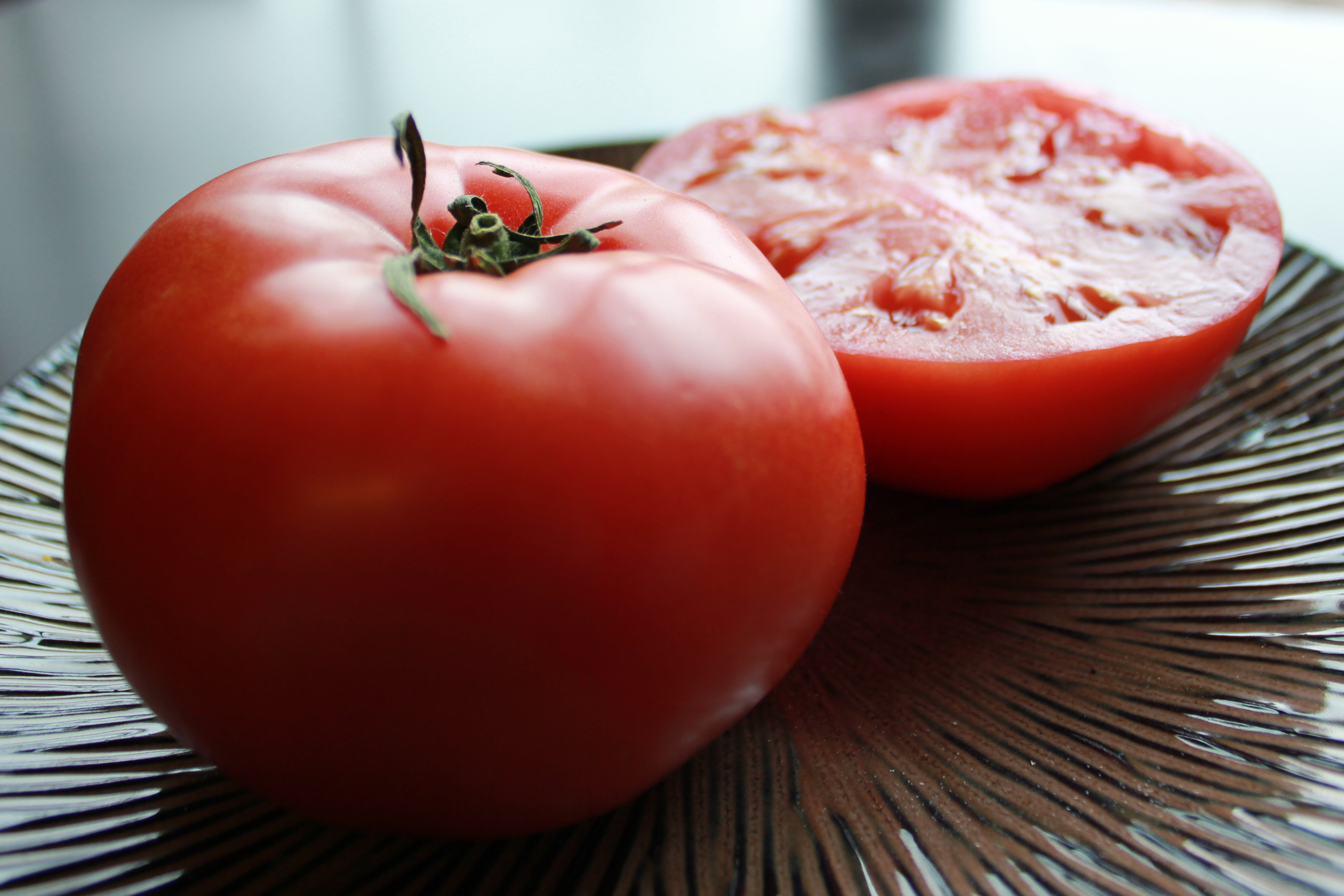SUNDAY, Nov. 13, 2016 (HealthDay News) — Eating a diet rich in omega-3 fatty acids — found in some fish and plant oils — may help young adults keep their blood pressure at a healthy level, new research suggests.
In a study of more than 2,000 young, healthy adults, those with the highest levels of omega-3 fatty acids in their blood had the lowest blood pressure, said Dr. Mark Filipovic, a researcher at the University of Zurich and Cantonal Hospital of Baden in Switzerland.
“We divided people into four groups,” Filipovic said, ranging from the lowest to the highest levels of omega-3 fatty acids in their blood. “We found adults in the highest quarter [group] had about 4 millimeters of mercury [mm Hg] lower systolic pressure and 2 mm Hg lower diastolic pressure, compared to those with the least omega-3 fatty acids in their blood,” he said.
Systolic pressure is the top number of the blood pressure reading; it measures the pressure exerted against artery walls when the heart beats. Diastolic pressure, the bottom number, measures the pressure exerted when the heart rests between beats. A blood pressure of under 120/80 is considered healthy.
“This suggests that promoting diets rich in omega-3 foods could be a strategy to prevent high blood pressure,” Filipovic said, though the study did not prove cause and effect.
Even a small reduction in pressure, as little as about 5 mm Hg, could prevent a great number of strokes and heart events in the general population, Filipovic said.
Another recent study found that doses of omega-3 fatty acids as low as less than a gram a day could help those who already have high blood pressure reduce their numbers. A 3-ounce serving of salmon has about a gram of omega-3 fatty acids.
The men and women in the new study were aged 25 to 41 and considered healthy. Excluded were those with known diabetes or a body mass index (BMI) of more than 35, which is considered obese.
The fish oil may work by improving blood vessel function and reducing inflammation, among other things, Filipovic said.
The study suggests that a long-term, low-dose intake of these fatty acids may have an effect on blood pressure levels over time, he said. “It is already known that very high doses of omega-3 fatty acids reduce the blood pressure levels momentarily,” he added.
Are supplements as good as omega-3s from food? “In general, scientific data is better for ‘natural’ omega-3 intake and less robust for supplementation,” Filipovic said.
Omega-3 fatty acids are essential fats the body does not make but needs, according to the American Heart Association. Good sources include salmon, tuna, walnuts and canola oil.
The finding about the blood pressure lowering in younger healthy adults is new, said Dr. William White, chief of hypertension and clinical pharmacology at the Calhoun Cardiology Center at the University of Connecticut School of Medicine. He is also a past president of the American Society of Hypertension.
Previous research on fish oils has focused on those who already have high blood pressure, he said.
“The results of this study suggest that a diet enriched with omega-3 fatty acids may lower blood pressure, and for a pre-hypertensive population, that may delay the onset of more sustained hypertension,” White said.
Filipovic was to present the findings Sunday at the American Heart Association’s annual meeting, in New Orleans. Research presented at medical meetings is usually viewed as preliminary because it hasn’t been published in a peer-reviewed journal.
More information
To learn more about blood pressure, visit American Heart Association.
Copyright © 2026 HealthDay. All rights reserved.

